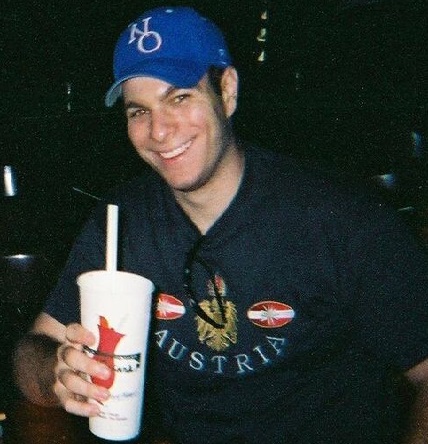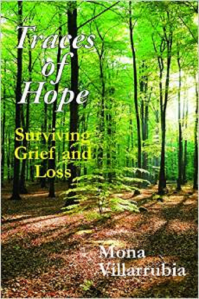This is a draft of an introduction to my next book. I would very much appreciate feedback.
Natural disaster, institutional evil, the suicide of a loved one. The experience of each of these tragedies results in grief and loss: denial, anger, blaming, depression, and eventually, so the theory goes, acceptance and renewal of hope – a new beginning. In the face of tragedy, understanding the common stages of grief and loss can offer victims some sense of order in an otherwise chaotic emotional landscape. But what if, while reeling under the impact of a tragedy, we also face the loss of our religious faith, and along with it the very structures of meaning that have held us together for so long? What if we find ourselves doubting the goodness of our church, the existence of God, the purposeful nature of creation, the meaning of life, the very possibility of hope?
Three separate tragedies – Hurricane Katrina, the Catholic abuse scandal, the loss of a son to suicide – connected through the common ground of grief and loss, and carrying in their wake a profound challenge to religious faith. This may seem too wide a topic for a single book, but it can’t be: this book is not an intellectual exercise; these tragedies tell the story of my life. The questions I raise here surface from the depths of my own grief and sorrow and from my desperate need to reclaim hope, the hope I once relied on, the hope I tried to offer my students, the hope that my son wrote of, even as he prepared to die.
If you are looking for a story of spiritual transformation, a wrenching tragedy followed by a poignant renewal of faith, then this book is not for you. If you need to find immediate comfort, and the reassurance that God has a Plan and everything happens for a Reason, this book will not serve you well. I’m telling you this because I don’t want to cause any more pain: grief and loss are too damn difficult already. But if you are grasping for a raft in the midst of overwhelming tragedy, emotional chaos, or spiritual drought, if you are disillusioned with organized religion, and not even sure about God, let alone God’s plan, then we are on a similar journey and maybe we can share the road for a while.
Typically, spiritual odyssey stories generate speaking engagements, t-shirts, and affirmation cards. They take the reader from the pain and chaos of suffering, sin, and loss to the comfort of forgiveness and the renewal of faith. This story travels in the other direction: from a career teaching theology and leading liturgical music — feeling that I was in God’s hands — to the desolation of suddenly feeling that God had let go.
I used to readily call myself Catholic; now I don’t know what label fits. If “Catholic” can be a cultural descriptor, the way “Jewish” is for many Jews, then I am certainly Catholic. I was born and raised in the Church, received all the relevant sacraments, earned two degrees from Catholic universities, taught theology for nearly three decades in Catholic schools, and raised two sons in the Church. I would not hesitate to check “Catholic” on a census or on a hospital admissions chart. Nonetheless, I am currently ambivalent about God and find it too distressful to attend Church with any regularity.
My story will not nurture a soul hungry for immediate spiritual enrichment, but to those who are struggling to make sense of suffering and God it offers the consolation that you are not alone. It may even help you let go of the guilt of doubting God. And for those who are searching for some sense of meaning and purpose when life seems devoid of any, perhaps it will even offer you a little hope. That is certainly my hope.





